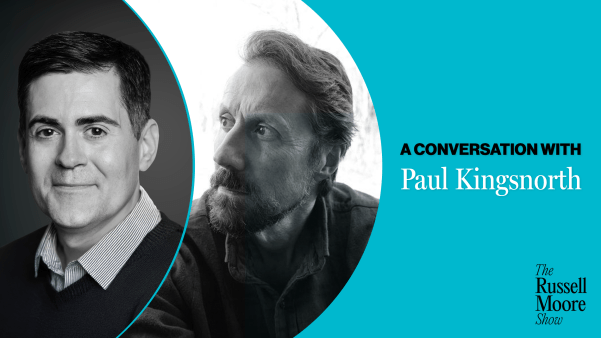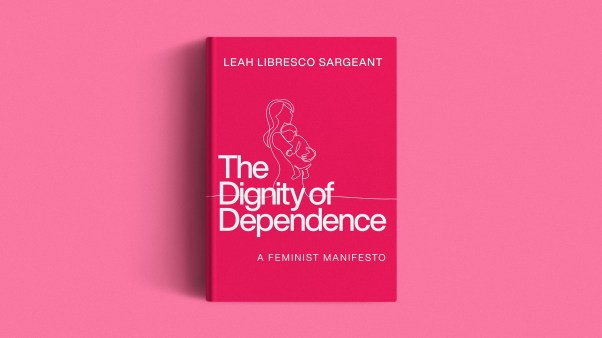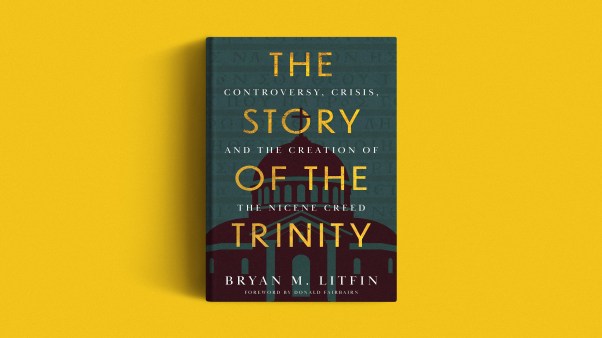 Why would a respected evangelical leader like Francis Chan agree to speak at major events that also feature controversial prosperity gospel preachers? The short answer: to share the truth.
Why would a respected evangelical leader like Francis Chan agree to speak at major events that also feature controversial prosperity gospel preachers? The short answer: to share the truth.
The popular author and former pastor recently came under scrutiny for appearing on the same stage as televangelist Benny Hinn and evangelist Todd White when he was the top-billed speaker at The Send, a 60,000-person rally held in an Orlando stadium last month.
The event (not to be confused with Send International or the North American Mission Board’s Send Conference) was a collaboration involving several major leaders in the charismatic and New Apostolic Reformation movement, including The Call’s Lou Engle, Bethel Church’s Bill Johnson, and International House of Prayer’s Mike Bickle.
Some Christians questioned Chan’s place on the roster, particularly when White—who told the young crowd that God would instantly remove “the mark and stain of sin” from their bodies, including STDs and cutting scars—shared a picture of the pair praying together. Another photo turned up of Chan between Hinn, who had not been listed on the public lineup for the event, and fellow faith healer Jean-Luc Trachsel.
Chan recently acknowledged these concerns and explained why he prefers to speak among crowds whose beliefs fall outside of his own, even though he considers the prosperity gospel to be “dangerous teaching.”
“Often times, I decline [speaking requests] because other speakers will be at the event who believe almost exactly what I believe. My reasoning is that it may be a waste of Kingdom resources for all of us to be there, speaking largely to people who already agree with us,” Chan wrote on the site for his church planting network, We Are Church. “It seems more effective to speak where there is less Bible teaching.”
Chan stated that he believes he can be most effective in places where he is “not in alignment theologically,” so long as he is permitted to preach freely from Scripture.
“Over the past few years, I have seen many people come to truly follow Jesus, have a deeper love for the Scriptures, and a deeper commitment to the Great Commission,” the Crazy Love author stated. “There are millions of souls that sit under weak or unorthodox teachings. It thrills me to think about what the Spirit might do through his Word in those situations.”
The Send, a collaboration between several national ministries including Youth With A Mission and Christ For All Nations, reported that 500 attendees came to faith at the all-day event on February 23, and another 17,000 committed to fasting and prayer.
Still, Chan acknowledged that he sees how his participation in certain events—or willingess to take a selfie—can sometimes imply endorsement of fellow speakers and that he does not always research each and every one. As a result of the recent pushback, he said he would consider adding a research team and working with elders to prevent confusion over his future appearances.
Though the problem isn’t new—Billy Graham was criticized by fundamentalist Bob Jones for associating with liberal ministers at his crusades in the ’50s, and by fellow believers for his willingness to speak in communist nations in the Cold War era—Christians have been paying closer attention to theological clashes in speaker lineups in recent years.
Ken Ham, the founder of the Creation Museum, lost his spot at several homeschooling conferences in 2011 when he criticized another speaker, BioLogos’s Peter Enns, for not sharing his strictly literal reading of Genesis.
James MacDonald’s controversial decision to invite T. D. Jakes, who had espoused a Oneness view of the Trinity, to The Elephant Room event eventually led to MacDonald’s resignation from The Gospel Coalition in 2012.
Last year, there was enough scrutiny around Louisville pastor C. J. Mahaney of Sovereign Grace Church that he withdrew from the Together for the Gospel conference rather than bring fellow speakers into the fray.
There’s also a growing awareness around whether conferences feature women and people of color. Christine Caine defended her decision to participate in The Nines conference in 2013 as 1 of just 3 women on a lineup of over 100. Leadership Network and other groups have heeded concerns over speaker diversity.
Chan warned followers that he plans to continue to accept invitations to conferences whose speakers fall outside his own beliefs. “I recognize, now more than ever, that sometimes my participation can give the impression that I align with every other speaker at the event. I’m not sure what to do about that other than to tell you that I don’t,” he said.
“My personal belief is that there are 2 [million]–3 million orthodox American Christians who consume all of the same books, blogs, and podcasts. Meanwhile, there are millions who will never hear strong biblical teaching unless teachers are willing to go. I might be fooling myself, but I feel like the Spirit enables me to lovingly confront difficult issues. And I have seen repentance result from it.”
After hitting his head in the New York City subway on Sept. 4, Jews for Jesus North American director Jahn Moskowitz died the next day. He was 64.
Family members buried Moskowitz in Chicago on Sunday, Sept. 9.
Moskowitz served as overseer for the organization’s 10 U.S. locations. He initially directed the Jews for Jesus branch in New York, where he was born and raised as the child of Holocaust survivors. He also directed the Chicago branch for more than 20 years.
According to Jews for Jesus, “Moskowitz was one of the original Jews for Jesus volunteers, even before the organization’s incorporation in 1973.” The organization has set up a tribute website in Moskowitz’s honor.
CT recently profiled Jews for Jesus founder Moishe Rosen after his death. CT reporting on Jews for Jesus includes the “volcanic” response to a NYC evangelistic campaign and the recent growth of Messianic communities in the city.








